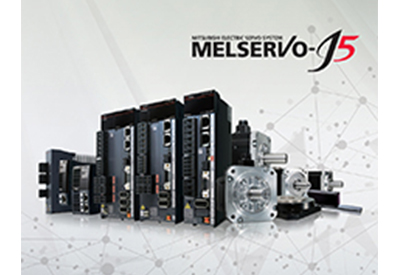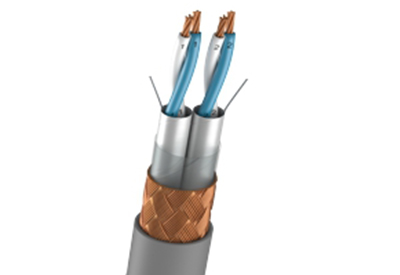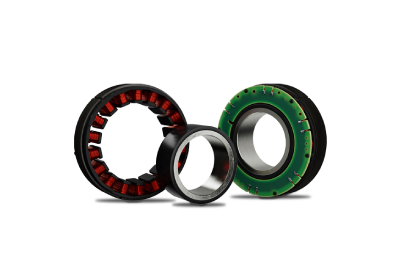Mitsubishi Electric Automation, Inc. Releases MELSERVO-J5 Series of Servo Products

April 13, 2020
Mitsubishi Electric Automation, Inc. recently announced the release of its next generation MELSERVO-J5 Series of AC servo motors, amplifiers, and motion control units. The MELSERVO-J5 Series brings performance, reliability, flexibility and efficiency to a wide range of industries, including manufacturing, packaging, printing, converting, material handling and more.
MELSERVO-J5 is a result of continuous innovation and improvement upon the MELSERVO Series of products that Mitsubishi Electric has produced since 1988. New features are included to introduce a quality, competitive product to the AC servo marketplace.
New to the MELSERVO-J5 Series is the “quick tuning” function that allows users to quickly and reliably tune their servo mechanism in approximately 0.3 seconds. The servo amplifier sets the speed loop gain and suppresses machine resonance through the servo on command. No tuning experience is required because gain values are automatically generated, reducing machine setup time and effort. Additional functions and features include an advanced vibration suppression function, multi axes servo amplifiers, expanded predictive maintenance capabilities powered by Mitsubishi Electric’s Maisart AI technology, a 31.25μs communication cycle time, multi-network capability including compatibility with CC-Link IE TSN and EtherCAT. In addition, MELSERVO-J5, like previous MELSERVO products, was designed with long-term migration paths in mind, making retrofits and upgrades, both now and in the future, easier and more cost-effective for users.
MELSERVO-J5’s new and improved features unlock benefits across various industries. Industry leading communication cycle time combined with a 3.5kHz speed frequency response rate ensures precise, responsive movement and short settling time. Compatibility with CC-Link IE TSN facilitates IoT infrastructure across the manufacturing enterprise, and enables time synchronization across all connected devices at one gigabyte per second (1 Gbps). The MELSERVO-J5 Series is also able to meet any axis requirements, from single axis to a 256 multi-axis system, due to its scalable synchronous axes—while all the motion modules are programmed in a single software environment.
“MELSERVO-J5 servo products set the standard for servo performance in the world of factory automation,” said Sunny Ainapure, senior product manager at Mitsubishi Electric Automation, Inc. “Cutting-edge technology, performance and advanced servo features allow users to unlock unused potential in their machines and factories.”





